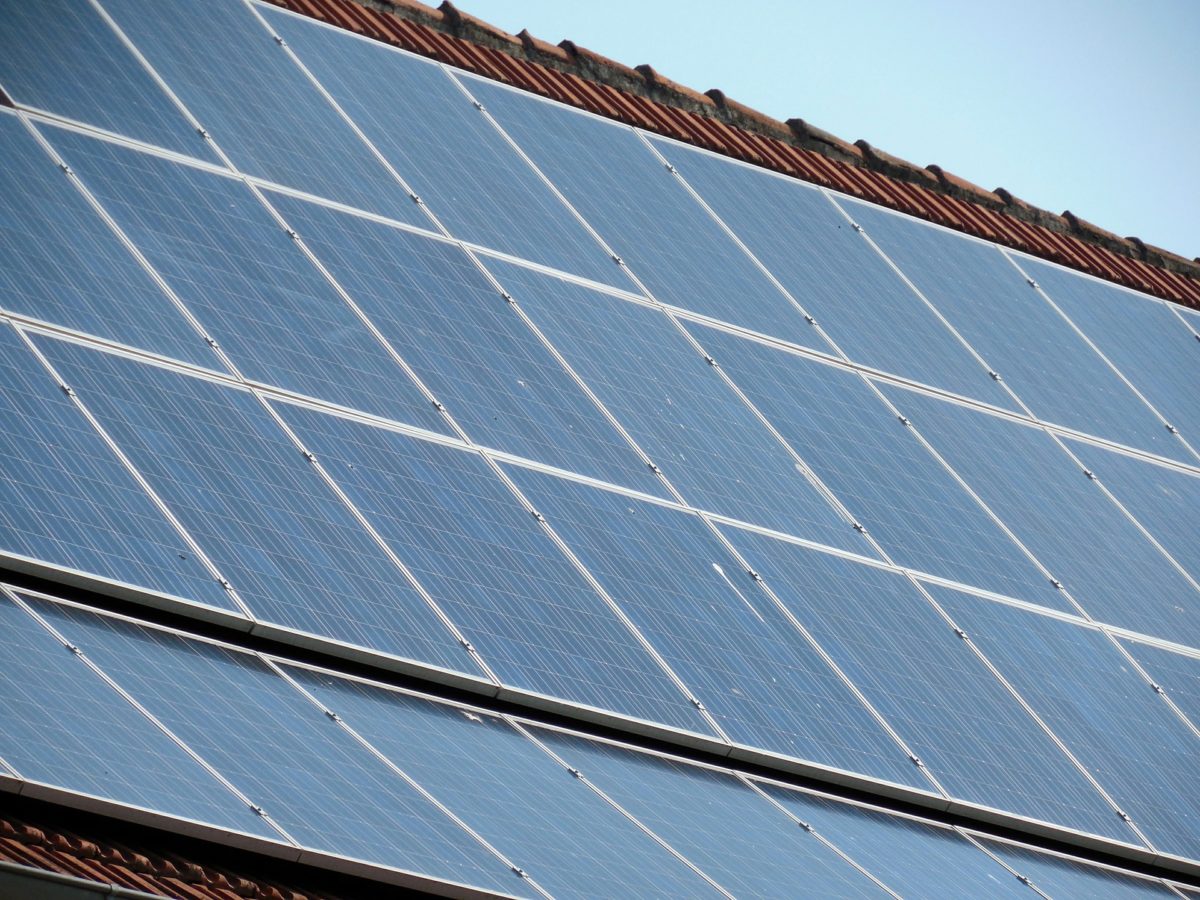A price comparison website in the U.K. has named Germany as the world leader when it comes to the amount of renewable energy consumed as part of national energy mixes by most of the members of the G20 international grouping.
Comparethemarket.com drew upon statistics produced by Hamburg-based business intelligence company Statista to claim clean energy contributed 12.74% of the German energy mix at the end of September.
The figures are somewhat undermined by being almost four months out of date, as indicated by the fact Saudi Arabia sits alongside Russia at the foot of the table with zero renewables consumption despite connecting the 300 MW Sakaka solar plant in November.
The selection of nations assessed is curious too, given it includes all 19 G20 nations except Argentina – and also the EU grouping – instead considering renewables consumption in Sweden and Spain. The list also features 19 of the world’s top 20 primary energy consumers in 2018, according to Statista, with the unexplained exclusion of 11th-placed Iran, which was replaced by Sweden.
EU leadership
However, the PR is interesting as it illustrates the lead European nations still have when it comes to the clean energy transition.
The U.K. is in second place, with 11.05% of the energy it consumed generated by renewables and Sweden is third with 10.96%, indicating how the inclusion of all sizes of hydropower facility obscures the picture when it comes to the penetration of solar and wind.
Spain generated 10.17% of its electricity from renewables at the end of September, according to the press release, and Italy – an historic hydropower pioneer – had 8.8% renewables in its power mix. Brazil is the highest-ranked non EU member state, with 7.35% renewables, with Japan (5.3%), Turkey (5.25%), Australia (4.75%) and the U.S. (4.32%) rounding out the top ten.
Exact percentage figures were not given for the next ten nations which were, in descending order, China, France, India, Canada, South Africa, Indonesia, Mexico and South Korea, ahead of clean energy recalcitrants Russia and Saudi.
pv magazine has contacted Comparethemarket to ask which datasets Statistica drew upon and what governed the selection of countries assessed.
This content is protected by copyright and may not be reused. If you want to cooperate with us and would like to reuse some of our content, please contact: editors@pv-magazine.com.




9 comments
By submitting this form you agree to pv magazine using your data for the purposes of publishing your comment.
Your personal data will only be disclosed or otherwise transmitted to third parties for the purposes of spam filtering or if this is necessary for technical maintenance of the website. Any other transfer to third parties will not take place unless this is justified on the basis of applicable data protection regulations or if pv magazine is legally obliged to do so.
You may revoke this consent at any time with effect for the future, in which case your personal data will be deleted immediately. Otherwise, your data will be deleted if pv magazine has processed your request or the purpose of data storage is fulfilled.
Further information on data privacy can be found in our Data Protection Policy.